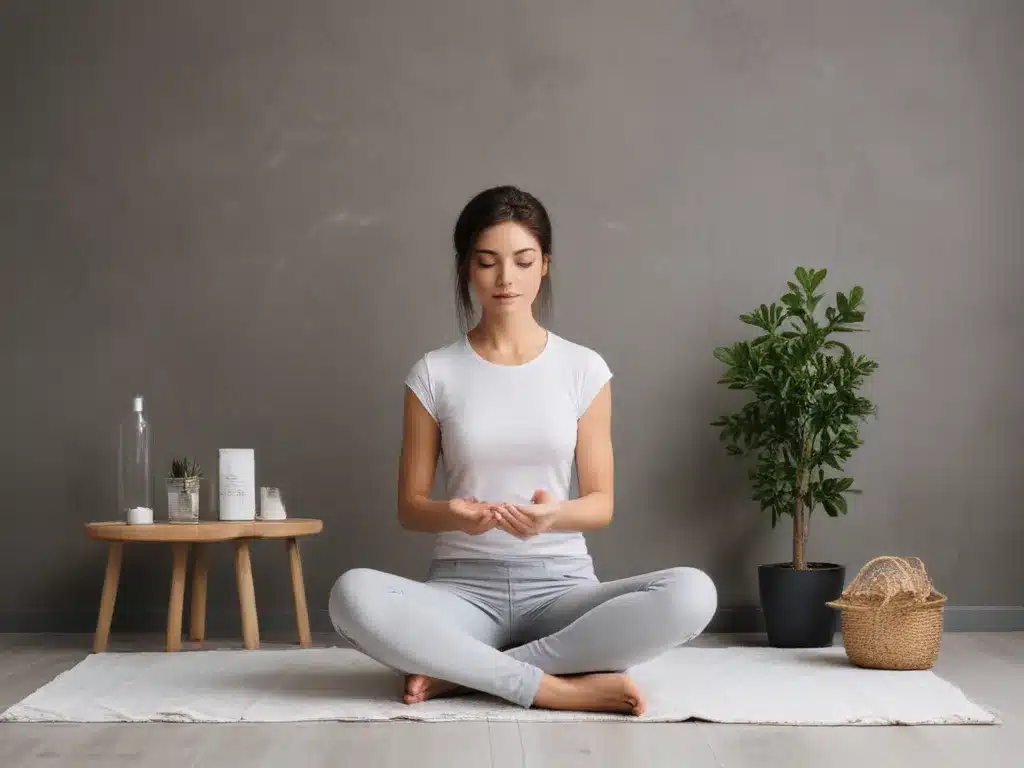Introduction
Minimalism – the pursuit of living with less – has gained popularity in recent years as a lifestyle choice that can bring numerous benefits, including stress relief. In our fast-paced, consumer-driven world, we often accumulate possessions, clutter, and commitments that can overwhelm us and contribute to increased stress levels. By embracing minimalism, we can declutter our physical and mental spaces, allowing us to focus on what truly matters and experience a calmer, more peaceful existence.
Understanding Minimalism
Minimalism – a lifestyle philosophy – focuses on intentional living and prioritizing experiences over possessions. It encourages us to evaluate our needs, values, and priorities, and to let go of anything that doesn’t align with those principles. This approach extends beyond physical possessions and can encompass our relationships, commitments, and even our thought patterns.
Reducing Physical Clutter
One of the most tangible benefits of minimalism is the reduction of physical clutter. Clutter – the accumulation of non-essential items – can contribute to feelings of overwhelm, anxiety, and stress. By decluttering our living spaces, we create a calmer, more organized environment that promotes relaxation and clarity. The process of decluttering itself can be therapeutic, allowing us to let go of attachments to material possessions and create a sense of lightness and freedom.
Simplifying Life and Commitments
Minimalism – a lifestyle choice – extends beyond physical possessions and encourages us to simplify our lives by evaluating our commitments and responsibilities. We often overcommit ourselves, leading to feelings of overwhelm and stress. By embracing minimalism, we can learn to say “no” to non-essential commitments and focus our time and energy on the things that truly matter to us, such as relationships, personal growth, and self-care.
Mental Clarity and Focus
Minimalism – a mindset – can also contribute to mental clarity and focus. When our physical and mental spaces are decluttered, we can think more clearly and focus better on the tasks at hand. This increased focus can lead to improved productivity, allowing us to accomplish more in less time and reducing the stress associated with feeling overwhelmed or behind.
Financial Freedom
Embracing minimalism can also lead to financial freedom. By reducing our consumerism and living within our means, we can eliminate debt and cultivate a sense of financial security. This, in turn, can alleviate the stress associated with financial concerns and enable us to prioritize experiences and relationships over material possessions.
Environmental Benefits
Minimalism – a sustainable approach – can also have positive environmental impacts. By consuming less and reducing waste, we can reduce our carbon footprint and contribute to a healthier planet. This alignment with environmental values can provide a sense of purpose and satisfaction, further contributing to stress relief.
Personal Growth and Self-Discovery
Minimalism – a journey of self-discovery – encourages us to reflect on our values, priorities, and what truly brings us joy and fulfillment. This process of self-reflection can lead to personal growth and a deeper understanding of ourselves, which can be incredibly liberating and stress-relieving.
Embracing Simplicity
Minimalism – a lifestyle choice – is not about deprivation or asceticism; rather, it’s about embracing simplicity and focusing on what truly matters. By decluttering our physical and mental spaces, simplifying our commitments, and aligning our lives with our values, we can create a sense of calm, clarity, and purpose that can significantly reduce stress and promote overall well-being.
If you’re feeling overwhelmed by clutter, commitments, or stress, consider exploring the principles of minimalism. Start small by decluttering one area of your home or life at a time, and notice the sense of relief and clarity that comes with letting go. Remember, minimalism is a journey, and the benefits can be truly transformative.
For those interested in exploring minimalism further, I highly recommend checking out resources like “The Life-Changing Magic of Tidying Up” by Marie Kondo, “Minimalism: Live a Meaningful Life” by Joshua Fields Millburn and Ryan Nicodemus, or the documentary “Minimalism: A Documentary About the Important Things.”
If you find yourself in need of professional cleaning services, particularly in situations involving biohazards or other hazardous materials, consider seeking the expertise of a company like Adam Cleaning (https://adamcleaning.uk/biohazard-cleaning/). Their specialized services can help ensure a safe and thorough cleaning process, allowing you to focus on embracing the principles of minimalism without added stress or concern.
Conclusion
Minimalism – a lifestyle choice – offers numerous benefits for stress relief, including reducing physical clutter, simplifying commitments, promoting mental clarity, fostering financial freedom, aligning with environmental values, and encouraging personal growth and self-discovery. By embracing minimalism, we can create a calmer, more intentional life, free from the overwhelm and stress often associated with consumerism and over-commitment. While the journey towards minimalism may require effort and introspection, the rewards of a simpler, more fulfilling life make it a worthwhile pursuit.







